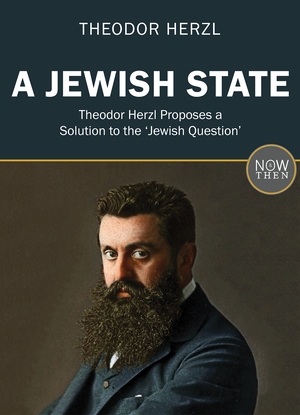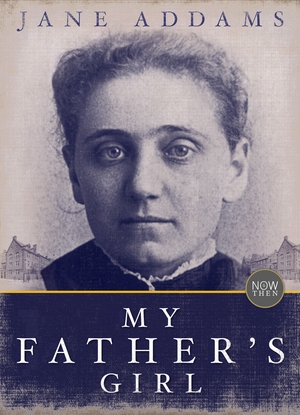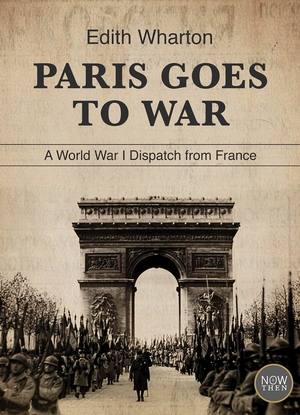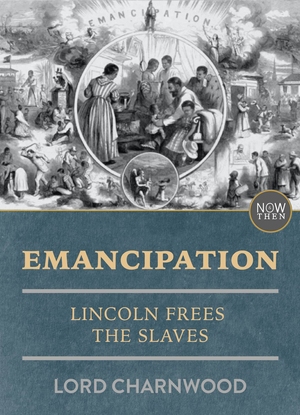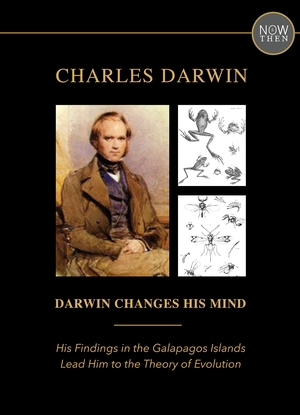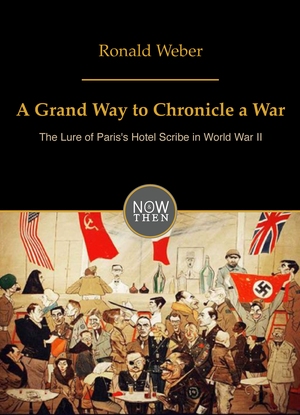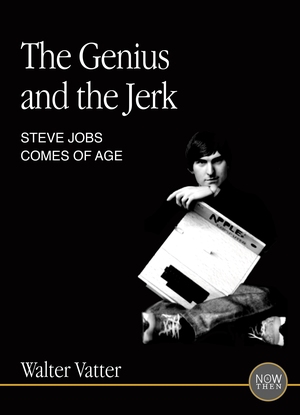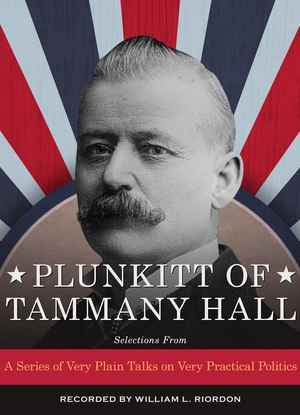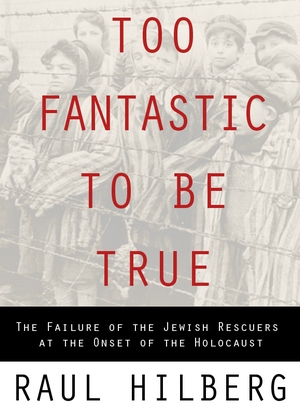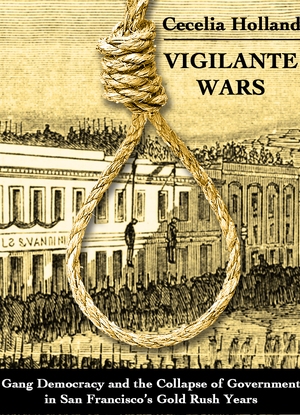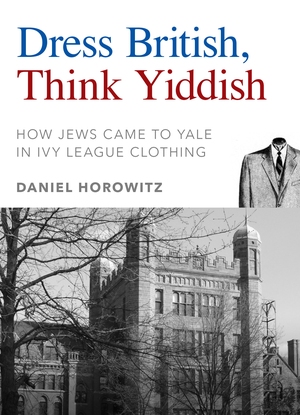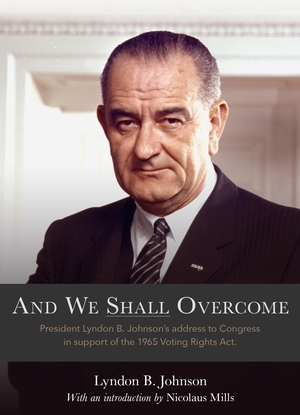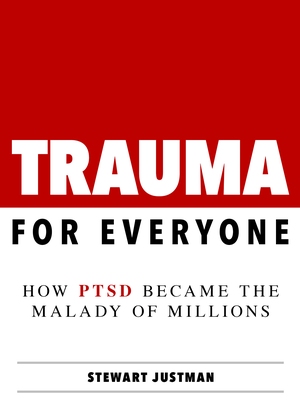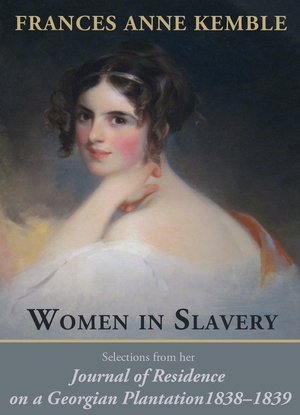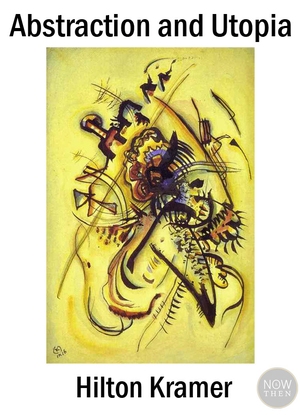Nonfiction Books and Essays
Featuring good writing for serious readers, Now and Then short-form nonfiction books and essays are available exclusively as Kindle books, Nook Books, iPad books or ebooks for other popular mobile devices.
Each week, we publish original titles, excerpts from forthcoming books, and reprints of work worthy of being read again. We focus on writing that is historically based but also has relevance for present day events.
Our latest titles can be found in the list below.
The Failure of the Jewish Rescuers at the Onset of the Holocaust
by Raul Hilberg
United States History, European History, American History, U.S. HistoryDespite information about the plight of the European Jews, the major Jewish organizations in Europe and the U.S. either failed to act or failed to persuade governments to act. Even when the “final solution” became apparent, some leading Jewish figures remained unconvinced of the catastrophe.
Gang Democracy and the Collapse of Government in San Francisco's Gold Rush Years
by Cecelia Holland
United States History, American History, U.S. History, U.S. GovernmentThe 1849 Gold Rush in California brought to a boiling point the new state’s unruly politics and produced mob rule in the muddy streets of San Francisco. Cecelia Holland’s compelling account of these events reveals a disturbing underside of democratic government in a nation headed for civil war.
How Jews Came to Yale in Ivy League Clothing
by Daniel Horowitz
FashionFrom the 1920s to the 1960s, Jewish clothiers supplied the accoutrements of success—the Ivy League style—at American universities, but especially at Yale, one of the oldest and most traditional. At the same time Yale admitted few Jews as students. And then a funny thing happened: as the penchant for repp ties and natural-shoulder suits declined at Yale, the influx of Jews—and other minorities—increased. Here’s the story of how this came about, and how Yale’s idea of success changed, related by someone who was on the scene.
President Lyndon B. Johnson's Address to Congress in Support of the 1965 Voting Rights Act
by Lyndon B. Johnson
Introduction by Nicolaus Mills
American HistoryThe important background and text of President Lyndon Johnson's 1965 Voting Rights speech to Congress. In his remarks Johnson challenged the moral values of Americans and ultimately won the greatest victory for black Americans since Emancipation.
How Medical Activism Has Inflated the Diagnosis of Prostate Cancer and Depression
by Stewart Justman
United States History, U.S. History, Medical HistoryHow the quest for early detection of prostate cancer and depression has led to mass screenings, which in turn have revealed an incidence of disease that is beyond common sense and cautious medical practice. The entire process has led to patients who have been not helped but damaged.
How PTSD Became the Malady of Millions
by Stewart Justman
Medical HistoryPosttraumatic Stress Disorder, or PTSD, has become one of the more popular psychological conditions of our time. First used to describe the symptoms related to combat experiences in war, today a diagnosis of PTSD has been expanded to include some of the most common everyday situations. How it got that way is the subject of Stewart Justman’s fascinating exploration of the rise of PTSD—a story of a questionable diagnosis and of medicine gone astray.
Selections from her Journal of Residence on a Georgian Plantation, 1838-1839
by Frances Anne Kemble
United States History, American History, U.S. HistoryMarried to a wealthy American slaveholder, Fanny Kemble recorded her experience on her husband’s estates from the perspective of an “insider” as well as an “outsider.” Her ability to translate life so vividly onto the page provided readers with a sense of being eyewitness to events.
by Hilton Kramer
Art History, European HistoryHilton Kramer explains abstract art's early ties to utopian politics, locating its initial development among the Russian avant-garde, the De Stijl movement in the Netherlands, and the German Bauhaus, and exploring the ideas of these pioneers.
